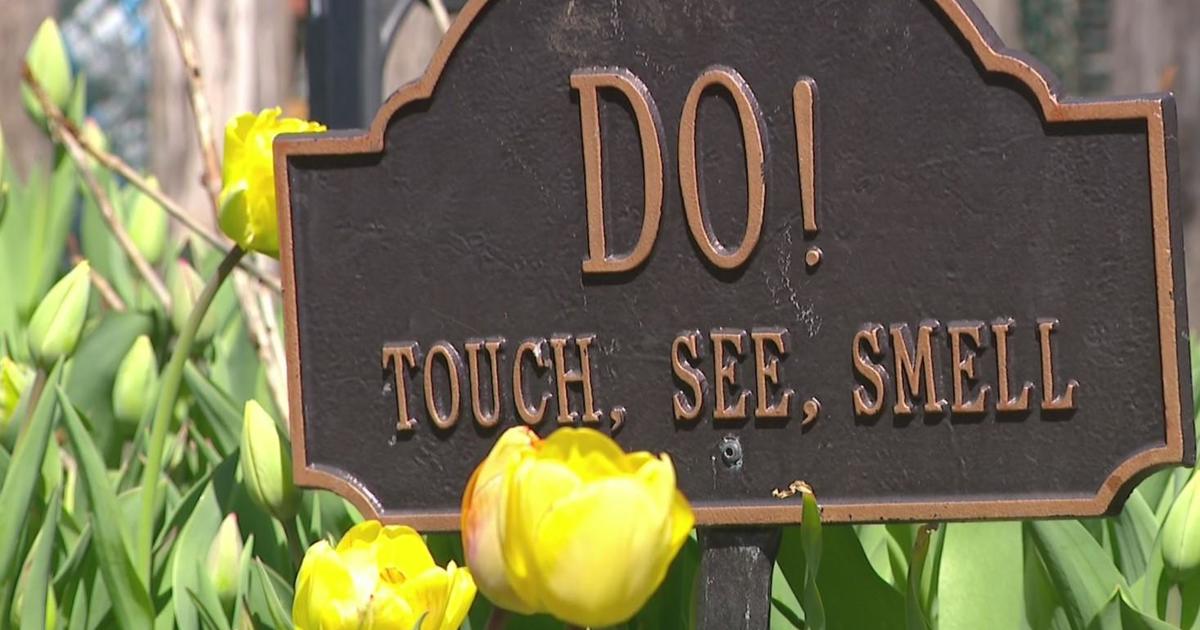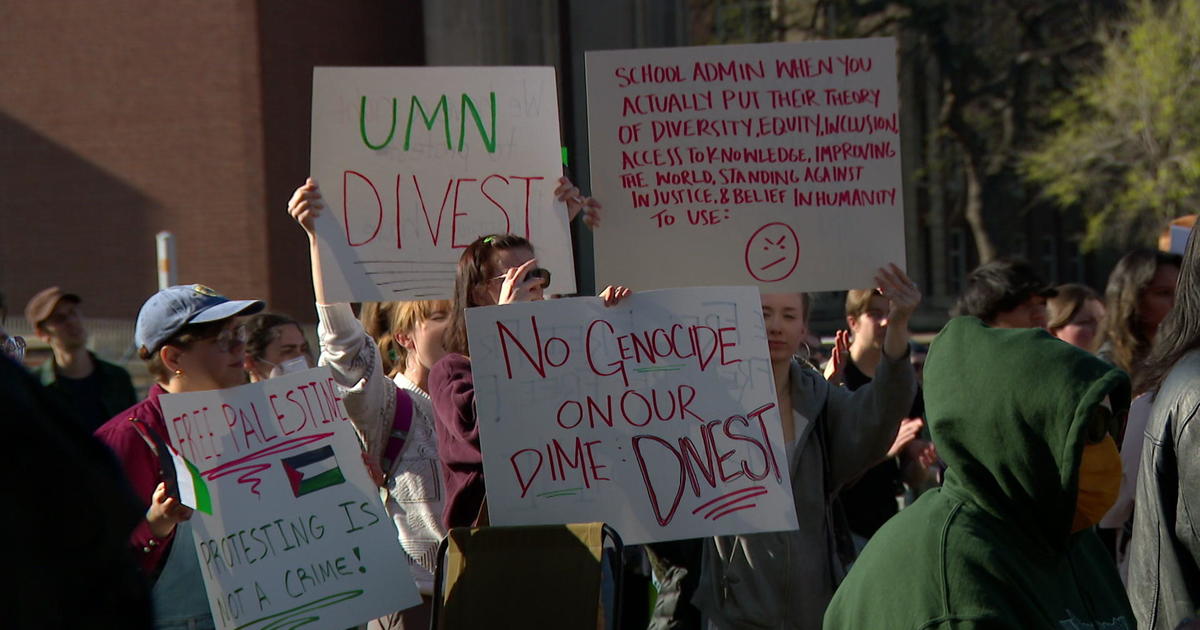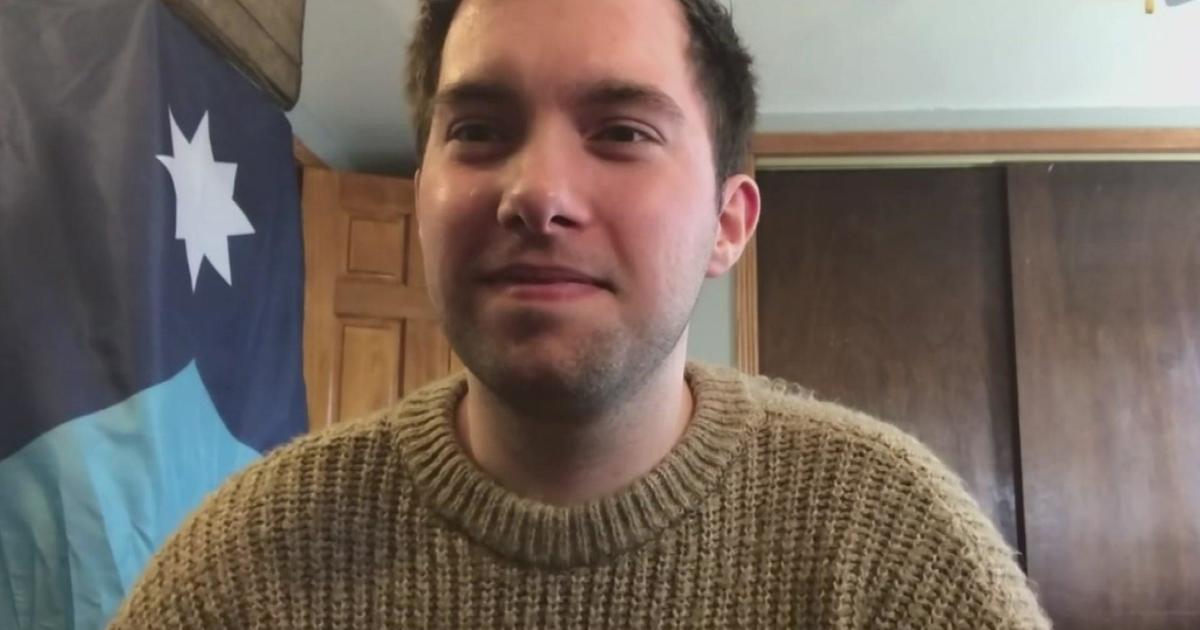Johnson & Johnson Says Research Shows Booster Increases COVID-19 Protection
MINNEAPOLIS (WCCO/CBS NEWS) -- Drug manufacturer Johnson & Johnson said research shows people who receive a vaccine booster dose of its vaccine are better protected against COVID-19.
The company announced that an additional shot two months after receiving its one-dose vaccine is 94% effective against the coronavirus, citing results of a study that looked at antibody responses in adults between the ages of 18 to 55. Those findings have not yet been peer-reviewed by scientists, according to CBS News.
"Our single-shot vaccine generates strong immune responses and long-lasting immune memory," said Dr. Mathai Mammen, global head of Janssen Research and Development at Johnson & Johnson, in a statement. "And, when a booster of the Johnson & Johnson COVID-19 vaccine is given, the strength of protection against COVID-19 further increases."
There are fewer Americans who have taken the J&J vaccine than Pfizer and Moderna, the other two authorized in the U.S. In Minnesota, 4.5% of the vaccinated population received the single-dose vaccine this year.
Last week an FDA panel supported Pfizer boosters for those ages 65+ and those at risk for serious illness – not the general public. A separate CDC advisory committee is expected to offer guidance during meetings Wednesday and Thursday.
Johnson & Johnson said it has provided data to FDA regulators about its booster doses.
When mulling decisions about potential boosters, Dr. Beth Thielen, an infectious diseases specialist with M Health Fairview, said top of mind for experts is the health outcomes and whether or not additional doses provide more significant protection against serious illness and death.
"If people are still protected from those endpoints that we care about, even if their antibody levels are a little bit lower, we don't necessarily need to give them a booster," Thielen said.
Plymouth residents Dan and Lori Murphy said they have no regrets about getting their one-shot Johnson & Johnson vaccines and would welcome a booster if approved. They said it has been harder to get additional information about their specific vaccine since the initial findings and data released earlier this year.
"The other two vaccines have definitely stolen the lime light," Dan Murphy said.
Thielen said fewer data about the Johnson & Johnson is likely a result of a "confluence" of factors, including the timeline of the shot's approval—which came months after the others—and the types of individuals who were targeted with the one-shot solution, like those who might be unable to get to two appointments.
She also noted that it takes time to evaluate waning immunity and breakthrough infections as a result. Pfizer, the most popular vaccine in the U.S. that got approved the earliest, has an edge data collection, she said.
"There's an advantage to having a vaccine given more widely, and Pfizer certainly had a jumpstart," Thielen said.



